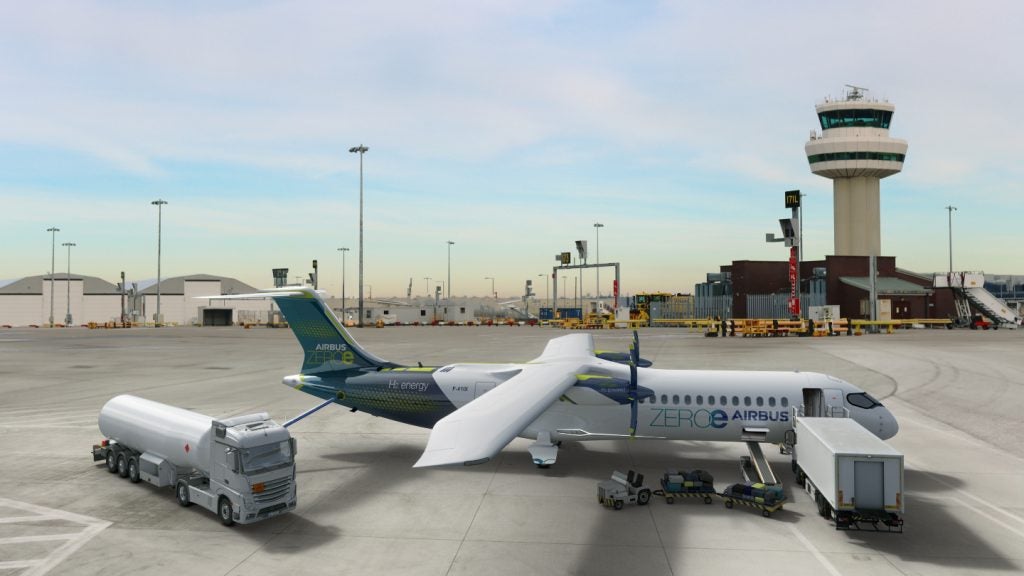UK-based air navigation services provider (ANSP) NATS has published its annual Responsible Business report, which reveals a significant reduction in greenhouse gas aircraft emissions last year.
The report provides information on the ANSP’s environmental and social achievements, as well as highlights a reduction of 34,195t in air traffic management (ATM) related CO² emissions.
It also shows a 6.6% reduction in estate CO² emissions and an increase in the number of quieter flight descents into 15 airports across the UK, including Gatwick, Heathrow and Bristol.
NATS Environmental and Community Affairs head Ian Jopson said: "Our work with our airline and airport customers continues be successful in shrinking aircraft CO² emissions and, whenever possible, reducing aircraft noise.
"Air traffic is returning to volumes seen before the financial crisis of 2008, so our achievement of continuing to make CO² emission savings should be viewed in the context of busier skies as more and more flights take place."
NATS has been able to reduce ATM-related CO² emissions by 1.1 million tonnes annually, resulting in total airline fuel savings of £111m since 2008.
How well do you really know your competitors?
Access the most comprehensive Company Profiles on the market, powered by GlobalData. Save hours of research. Gain competitive edge.

Thank you!
Your download email will arrive shortly
Not ready to buy yet? Download a free sample
We are confident about the unique quality of our Company Profiles. However, we want you to make the most beneficial decision for your business, so we offer a free sample that you can download by submitting the below form
By GlobalDataThe improvements have resulted from changes to the UK airspace, including more direct routes and enhanced vertical profiles; the use of more efficient procedures, such as continuous climbs and descents; and the launch of new air traffic control technologies.
In 2012, NATS and the Civil Aviation Authority (CAA) launched a three dimensional inefficiency (3Di) methodology to evaluate the ANSP’s progress towards efficient and environmentally friendly airspace use, despite increasing air traffic levels.
Last year, NATS achieved an average score of 30.1 3Di, which is well within the service performance range set by the CAA, but behind the target level of 29.7.
During the report period, NATS control teams facilitated 31,639 additional continuous descent approaches for 22 airlines across 15 UK airports.







